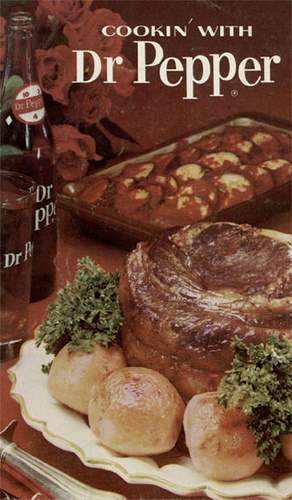
I get twitchy whenever the topic of cookbooks comes up. Like this article, which goes around asking a lot of famous chefs which cookbook they would recommend people cook their entire way through. Choosing a cookbook is a tricky business, isn't it?
The problem is that a cookbook is not a technical manual. There is no one single way to do anything. But the cookbook's author isn't going to admit that. So instead, every cookbook passes off its author's personal beliefs and prejudices as actual fact.
Before you start tackling a cookbook, you have to figure out where the author is coming from. This will let you know in which direction the author is likely to steer you wrong.
For example, Alton Brown often advocates bizarre techniques that add more steps and make things more complicated, all in the name of ostensibly applying science to the business of cooking. But ask yourself, do you really care? Every Alton Brown recipe I have tried has failed spectacularly. I'm not even sure why, but I think his love of extra steps is definitely part of it.
I'll give you another example. One of the books on the aforementioned list is Think Like A Chef by Tom Colicchio, which is the book that Tom Colicchio recommended. (Rude.) When I first decided I would learn how to cook, this is the book that I bought.
Colicchio comes from a classy restaurant background, which means that his recipes involve expensive ingredients and SO MUCH FAT. I learned how to braise, but it wasn't until years later that I learned you can totally braise with just plain water. You don't have to make your own veal broth ahead of time. And while a pound of bacon may be tasty when you use it to roast asparagus, using just one or two pieces is just as tasty but far less deadly.
My recommendation is to consult as many recipes and sources as possible. That way, everyone's prejudices balance themselves out, and you learn how to make a basic, decent dish.
Image courtesy Flickr/The Texas Collection, Baylor University

1 comments